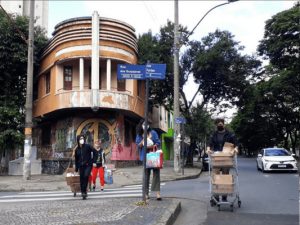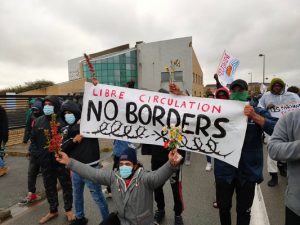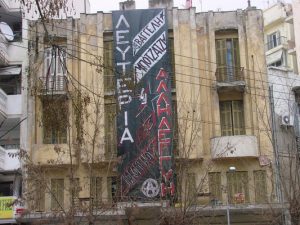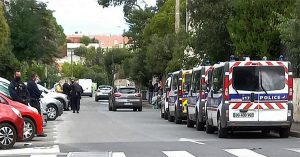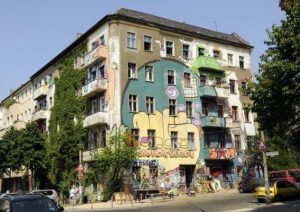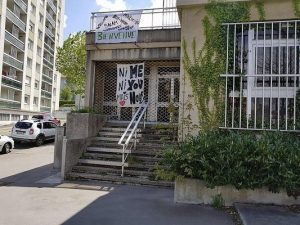 “I’m not sure what the fatal secret is”, Mathilde in The Castle of Otranto.
“I’m not sure what the fatal secret is”, Mathilde in The Castle of Otranto.
The recent media campaign against the occupation of homes was not the first, but one of the most intense in recent times. Its launch, on the eve of a probable intensification of the housing conflict, does not seem to be coincidental. The economic and health crisis has put the sectors involved on alert, and this seems to be a first move on one side. This campaign is beginning to have answers, especially in the form of articles and social networks. In these responses, it has been denounced that the phenomenon of home occupation is less widespread than the media suggests with an alarmist tone. The data and statistics reinforce this denunciation. Moreover, it has been rightly criticised that squatting is being deliberately confused with breaking and entering. Finally, an attempt has been made to refocus the debate on the problem of access to housing, which is the primary cause of property occupation.
The tense situation of calm that we are experiencing seems to be the prelude to greater social conflict, also around the issue we are dealing with. That is why defensive responses are essential, but it would be better to try to go a little further and take the initiative in the conflict, for which it may be useful to examine less visible or less explored aspects. Moreover, when faced with campaigns of this kind, data and statistics are often only half useful, because the issue here is whether or not occupying homes and premises is legitimate. [Read More]
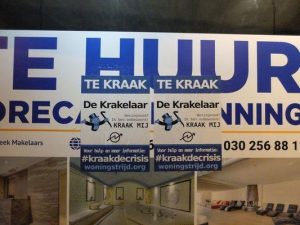 10 Years On! And you still can’t live in a waiting list!
10 Years On! And you still can’t live in a waiting list!
